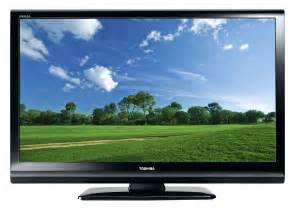Books versus Television Screens

80″home television screens are now available, and who knows how big they’ll be in a few years. It may be that the home of the not-too-distant future will have a built in wall screen with tv/internet/sms access and e-reading capabilities. This feature will be de rigeur, and as standard a feature as a microwave cooker in the kitchen of today. Home digital technicians and consultants will be regarded as being as indispensable as are plumbers and electricians today. The electronic aspect of the home of the future will be as important – if not more – than the material aspect; as access to and mastery of all things digital and internet-related will be seen as absolutely necessary for survival.
Sound far fetched? Overly “sci-fi?”
Then let’s look at what’ happening today in the world of book printing and distribution.
“Big Box” bookstores are fighting for their lives while the sale of fiction in mass-printed form is down over 20% from just a few years ago. Even those genres that are still turning a profit – magazines, children’s books, and books on art, science, computers and cooking – create obstacles for themselves through their very success, ironically, as customers create an additional source of competition for the those bookstores from whom they bought their books new by turning around and selling these same books online. Amazon.com and the book buyer wins, but what about the bookstore that sold the book “new” in the first place? Perhaps what will allow the latter to survive the onslaught of online book sales is their addition of e-readers to their product line; an addition which has been instrumental in helping Barnes and Noble and other stores of that to survive competition from the internet.
It may be, in the end, that your decision about whether to go with books in print or, rather, a digital publishing platform is very much a question of one’s age.
Printed books are favored by Baby Boomers
According to statistics, if your hair was already going gray before the Internet’s incursion into book selling and the debut of electronic readers, there is a good chance that you have a preference for conventional printed-and-bound books.
Ironically, the competition offered by Amazon and other internet book sale sites may function as a kind of double-edged sword. and one that makes for an interesting wrinkle in all this.
By allowing people to purchase books…especially used ones… for much less than they’d pay in a store, and thus accelerating the major shifts that are taking place in the world of publishing and distribution, they are giving traditional publishing a new lease on life.
This new lease comes in the form of print-on-demand.
…To be continued
